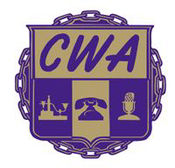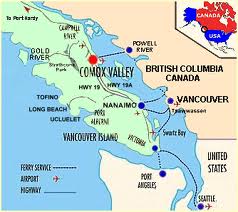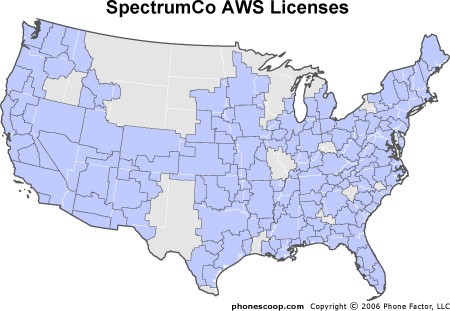
Verizon has a moratorium on further expansion of its fiber to the home service except in areas where it has existing agreements to deliver service.
A new study predicts an agreement between Verizon and the nation’s top cable companies to cross-sell each other’s products could cost up to 72,000 jobs in the northeastern U.S. and potentially threaten Verizon’s state-of-the-art fiber optics network FiOS.
The Federal Communications Commission (FCC) and the U.S. Department of Justice are continuing to review a proposed deal that would allow Verizon Wireless and companies including Time Warner and Comcast to cross-market each other’s products, which critics allege will eliminate competition and job-creating investment.
In the crosshairs of the deal: Verizon’s fiber to the home network FiOS, which has been stalled since 2009 when Verizon signaled it was “winding down” FiOS spending. According to the new report, produced by the Communications Workers of America (CWA), FiOS is at risk of being undercut by Verizon in favor of reselling cable-TV packages from Comcast, Time Warner Cable, and other cable companies. At worst, some critics of the deal contend Verizon will eventually abandon FiOS altogether.
The CWA has already seen the impact of Verizon’s declining interest in expanding FiOS as the company has left several major American cities in its service footprint, including Baltimore, Buffalo, Syracuse and Boston without fiber optic upgrades.
The CWA is calling on regulators to impose conditions on any deal between Verizon and cable operators:
- Prohibit Verizon Wireless and the cable companies from cross-marketing in Verizon’s landline service areas;
- Require Verizon to build the FiOS network to 95% of Verizon households in its landline footprint, including in rural and low-income areas;
- Ensure that Verizon Wireless and other cable companies are not able to lock out competitors.
If Verizon were to maintain the expansion of FiOS to non-FiOS areas, about 72,000 new jobs would be created, the CWA report found. Job growth would be concentrated in eight Eastern states and Washington D.C.
 “If done right, the proposed deal would add tens of thousands of new jobs and allow underserved communities access to high quality broadband service,” said Debbie Goldman, telecommunications policy director for the CWA. “The FCC has the obligation carefully to assess this deal in terms of likely job loss. We expect regulators to reject this deal unless the parties accept conditions that would create jobs, increase network investment, and promote consumer choice.”
“If done right, the proposed deal would add tens of thousands of new jobs and allow underserved communities access to high quality broadband service,” said Debbie Goldman, telecommunications policy director for the CWA. “The FCC has the obligation carefully to assess this deal in terms of likely job loss. We expect regulators to reject this deal unless the parties accept conditions that would create jobs, increase network investment, and promote consumer choice.”
Those living in Verizon service areas without FiOS are already upset that they have been effectively bypassed by the phone company.
“It’s an arrogant stand,” Buffalo Councilman Darius Pridgen said in a phone interview with the Philadelphia Inquirer. Verizon has upgraded other areas in upstate New York with FiOS, but not financially distressed Buffalo. “It’s advertised in the city, but it’s not available in the city.”
In Philadelphia, Verizon obtained a 15-year video franchise agreement with city officials and the company agreed to extend FiOS throughout the city by 2016. But residents are complaining that Verizon’s definition of “extending service” has meant wiring cables down major thoroughfares, not wiring up every home that wants the service.
City Councilman James Kenney called for a public hearing in April amid complaints that Verizon was reneging on its commitment to city officials and residents.

Cole
Baltimore councilman William Cole thinks his city was skipped by Verizon for a reason, while more affluent areas are set to get fiber upgrades. Cole told the newspaper his constituents have called Verizon after seeing local ads for FiOS service, but are told they cannot get the service.
Verizon spokesman Edward McFadden said the decision to build the FiOS network was never popular on Wall Street. “We got hammered,” he told the Inquirer, “and our shareholders were punished for this.”
Now that the network is up and running, McFadden says Verizon retains a strong incentive to maintain its FiOS business because of the huge investment and the increased earnings it brings the phone company.
But the CWA’s Goldman remains convinced Verizon has broken its word with regulators and politicians who believed promises from Verizon and other telecom companies that passage of the deregulation-packed 1996 Telecommunications Act would inspire the dawn of a new competitive era in American telecommunications. Now instead, Verizon and the cable companies want to simply sell each other’s services.
“They wanted deregulation, and they said they would compete,” Goldman said. “This marks the beginning of the surrender, this truce.”



 Subscribe
Subscribe








